13, April 2022
Four French, one Belgian among 10 dead in Egypt bus crash 0
Four French tourists and one Belgian were among 10 people killed in a bus crash Wednesday in Egypt, whose travel industry is only just emerging from years of political upheaval and the Covid-19 pandemic.
Fourteen others — eight French and six Belgians — were taken to hospital with “broken bones, bruises and superficial injuries” but all were in a stable condition, the governor of the southern province of Aswan said.
The other five people killed were all Egyptian — the bus driver, his assistant and the tour guide, as well as two people in the other vehicle, a statement from the public prosecution said.
The Belgian foreign ministry confirmed to AFP that one of its citizens died and others were injured.
The accident occurred early Wednesday morning when the bus collided with a pick-up as it was transporting the tourists on the 300 kilometre (186 mile) road journey between Aswan and the famed Abu Simbel temple further south.
An AFP photographer saw what remained of the burnt-out vehicles lying by the roadside.
The prosecution ordered an “urgent investigation” to determine “the cause and circumstances of the accident and those responsible”.
Crashes are relatively common in Egypt, where many roads are in disrepair and traffic regulations frequently ignored.
Some 7,000 people died in road accidents in the country in 2020, according to official figures.
Vital tourism industry
The Abu Simbel temple was moved from its original location in the 1960s under the rule of president Gamal Abdel Nasser to make way for the construction of the Aswan High Dam.
Egypt had begun reviving its vital tourism industry by promoting its ancient heritage, after the country’s 2011 revolution and ensuing unrest struck the sector.
But the arrival of the Covid-19 pandemic in 2020 and the subsequent global travel bans resulted in a plunge in tourism revenues to $4 billion, from $13 billion the previous year.
The sector employs some two million people in a country of 103 million and generates more than 10 percent of GDP.
In August 2021 Russia resumed flights to Egyptian resorts, six years after a Russian airliner crashed after taking off from Sharm el-Sheikh, killing all 224 people on board.
But Russia’s invasion of Ukraine has yet again cut off much of the flow of tourists to Egypt, as the two countries accounted for about 40 percent of visitors prior to the war.
The current administration of President Abdel Fattah al-Sisi has invested heavily in promoting tourism, and has organised major events in a bid to attract visitors.
Last year, the North African country staged a procession of floats carrying the mummified remains of 22 pharaohs, including Egypt’s most powerful ancient queen, to a new resting place in Cairo.
Since the start of April, visitors from dozens of additional countries have been permitted to obtain visas on arrival to Egypt, rather than applying in advance.
While attacks on tourists have largely ceased since they peaked in the 1990s, deadly incidents have occurred.
And in February 2019, a German woman and two Egyptian children were killed when a building collapsed in a residential neighbourhood of the southern city of Luxor.
Source: AFP
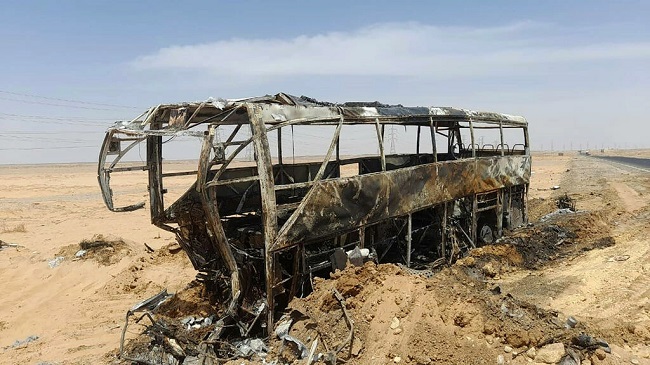
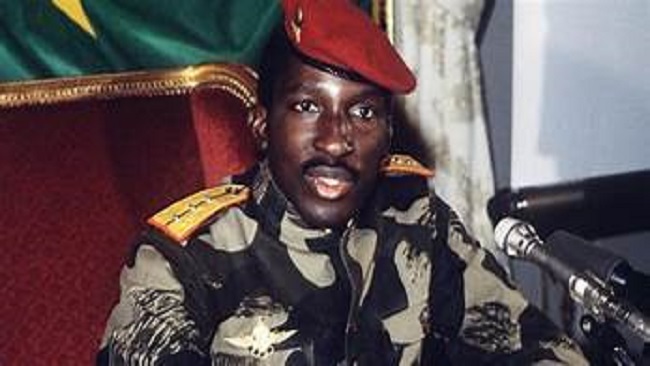

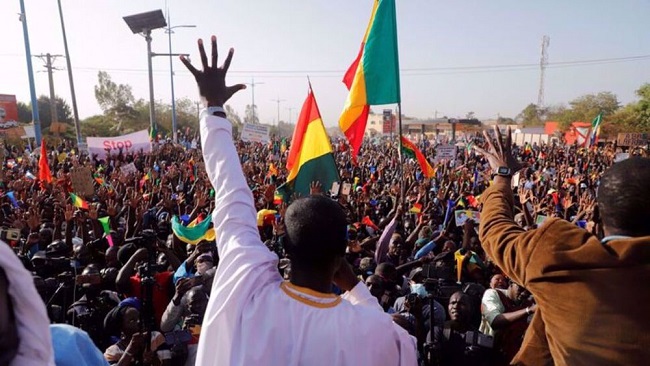
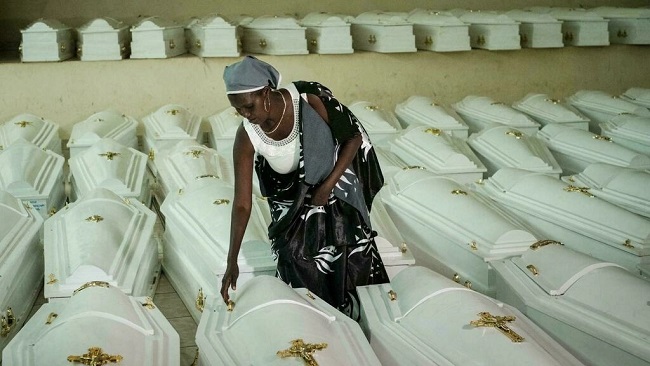
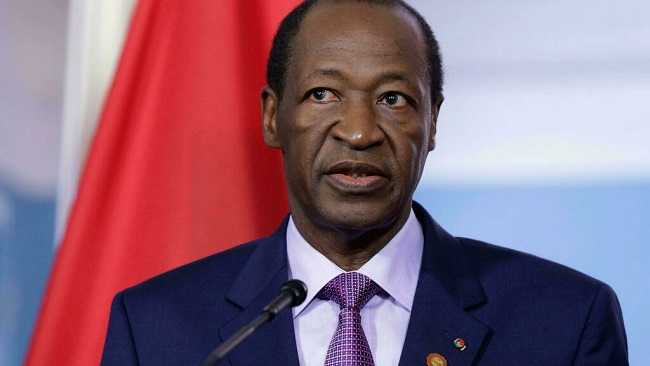
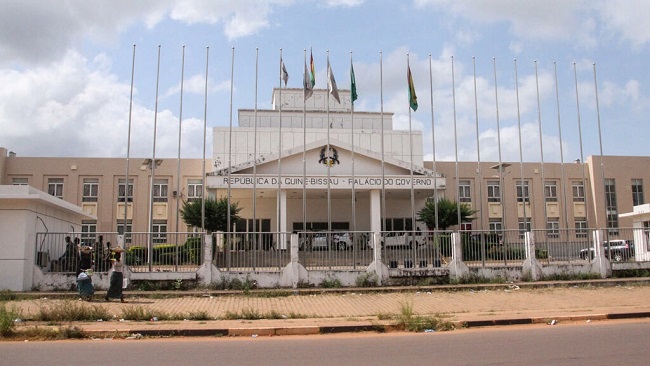
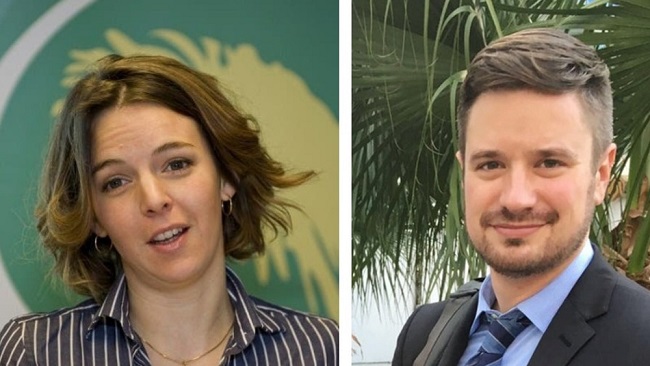

















23, April 2022
Mali army discovers mass grave near former French base 0
Malian troops have discovered a mass grave close to military base French forces handed back to the Malian army just days ago in Gossi.
The Gossi military base in the north of the country was handed over to the Forces Armées Maliennes (FAMa) on Tuesday as part of the French forces’ planned exit from the country.
Paris plans to end its failed almost decade-long military operation under the pretext of eradicating terrorist groups wreaking havoc in the Sahel country.
The army general staff revealed in a statement that “bodies in a state of advanced putrefaction were discovered in a mass grave, not far from the camp formerly occupied by the French force Barkhane.”
“The state of advanced putrefaction of the bodies indicates that this mass grave existed well before the handover. Consequently, the responsibility for this act can in no way be attributed to the FAMa,” the statement said.
The defense ministry has been assigned to conduct an investigation into the mass killings.
France and the United States were quick to blame Russian forces deployed in Mali for the killings.
The French army claimed Russian fighters buried bodies near the Gossi base with the intention of framing the French for the killings, according to French and American news agencies.
Leaders of West Africa’s Sahel region have abandoned their hopes in purported counter-terrorism efforts by France and started negotiating with armed militants to bring peace to the restive region.
France’s exit from Mali came as swathes of territory remained under the control of rebel militants linked to al-Qaeda and Daesh.
The Sahel, a semi-arid stretch of land south of the Sahara desert, has been in turmoil since 2012, when a number of armed separatists started targeting the local population in Mali.
As a former colonial power seeking significant military presence in Africa, France decided to send thousands of soldiers in 2013 to try to prevent separatist forces from reaching Mali’s capital, Bamako.
France increased the number of its forces in the Sahel from 600 to 5,100 soldiers for its Operation Barkhane last year.
However, the military boost failed to bring the situation under control and the UN also deployed its peacekeeping forces to the region.
Militant groups with links to al-Qaeda and Daesh have strengthened their foothold across the region.
This has made the territory ungovernable, stoking ethnic violence, especially in neighboring countries Mali and Burkina Faso. The French Barkhane force is also involved in Burkina Faso, Chad, Niger, and Mauritania.
Culled from Presstv